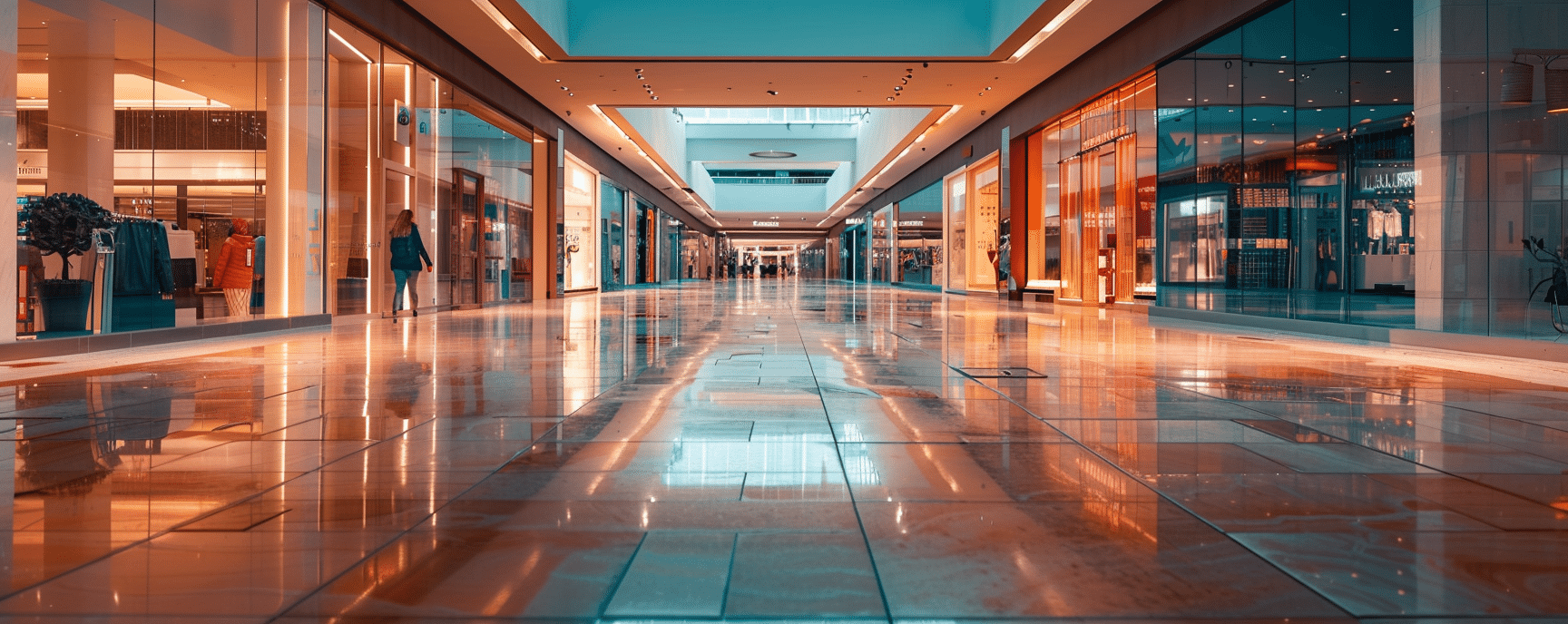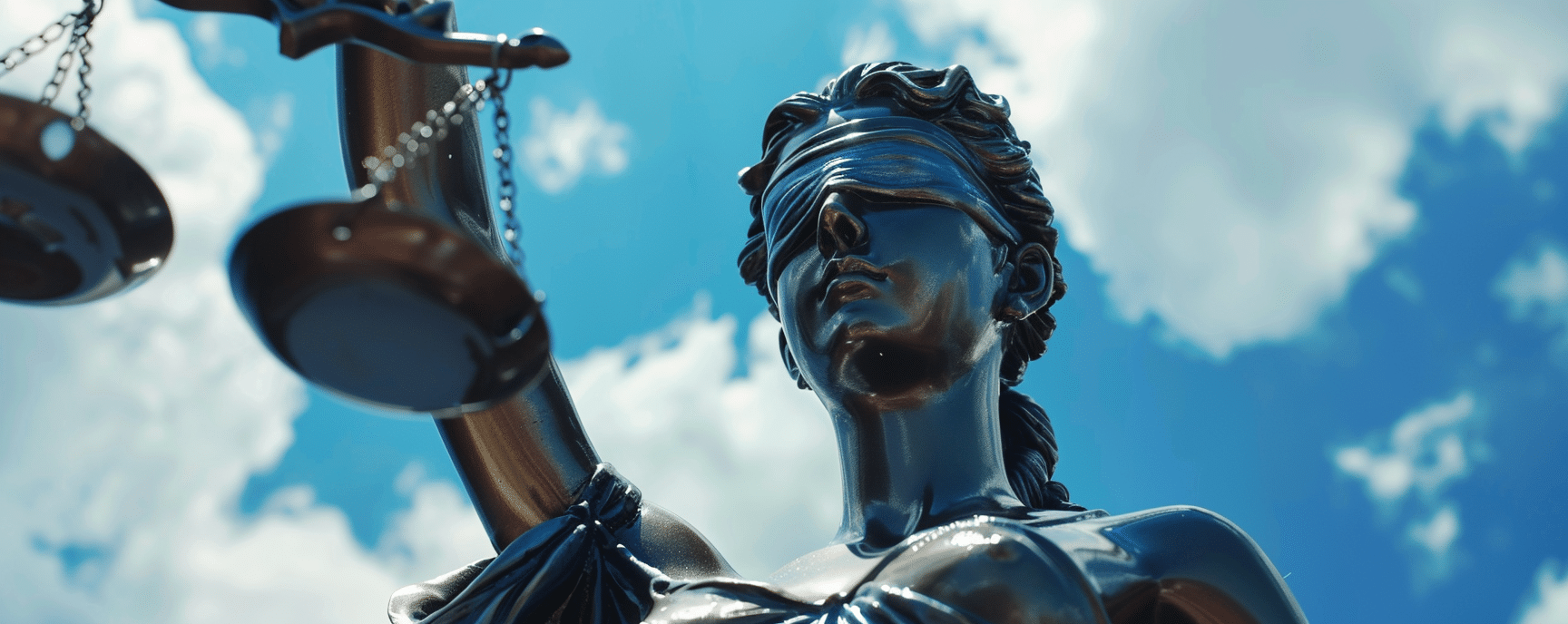I Slipped and Fell: Steps to Take Immediately After a Fall Accident
Last updated Wednesday, February 19th, 2025

If you’ve experienced an “I slipped and fell” moment, you may be feeling overwhelmed and uncertain of your next steps. Immediate action is crucial for your health and any potential legal matters. In this guide, we’ll outline the essential actions you should take following a fall accident, including seeking medical attention, securing the accident scene, and documenting the incident thoroughly. We’ll also navigate the complexities of reporting, gathering evidence, understanding your legal rights, and the financial implications.
Key Takeaways
- Seek immediate medical attention after a fall, even if injuries are not apparent, and preserve the accident scene for evidence to support any future legal claims.
- Document every aspect of the incident comprehensively, report it to the property owner or manager promptly, and collect witness information and any physical evidence to strengthen your personal injury claim.
- Consult a personal injury attorney early to navigate legal matters, understand your rights, and ensure fair compensation for injuries, lost wages, and long-term impact.
Immediate Actions Post-Fall: What to Do Right Away
Imagine the shock: one moment you’re walking, the next you’re on the ground. A fall accident can happen to anyone, anywhere. When you’ve slipped and fell, adrenaline masks pain, and confusion clouds judgment. Your priority? Assess for fall injuries and secure the scene.
Whether it’s a trip and fall or a slip and fall accident, taking swift action can make all the difference in your recovery and any future claims.
Seek Medical Attention Without Delay
Your health is paramount. Even if you feel fine after a fall accident, injuries sustained in a slip and fall can be deceptive, hiding in the shadows only to emerge later. A medical professional’s assessment ensures that even severe injuries lying in wait are caught early. The importance of medical treatment documentation cannot be overstated; it’s your tangible proof of the ordeal.
Remember, you have the right to secure your medical records, a crucial step in safeguarding your legal leverage.
Secure the Accident Scene
Once you’ve sought medical attention, turn your focus to the accident scene. Protect it like a crime scene; it’s the bedrock of your personal injury claim.
Businesses, take note: regular safety surveys can mitigate these fall accidents, but if one does occur, preserving the scene can help pinpoint responsibility—and prevent another trip and fall.
Document the Incident Thoroughly
With the scene secure, it’s time to document everything. A detailed record becomes the foundation of your incident report, capturing the specifics:
- when, where, and under what conditions the accident happened
- if you slipped and fell at work, reach for that on-site accident book—or, if it’s elusive, an email to your manager will suffice to determine the incident officially
- don’t underestimate the power of photos; they cut through disputes with the clarity of a well-polished lens.
Reporting Your Slip and Fall: Navigating the Formalities
Now that you’ve documented the slip and fall accident, it’s time to climb the formal ladder of reporting. Your personal injury claim’s success could hinge on notifying the right people and having a solid incident report in place.
It’s not just about slipping on a slippery surface; it’s about ensuring your fall doesn’t go unnoticed.
Notify the Property Owner or Manager
Whether your fall was at work or on else’s property, the story starts with a report. Tell the supervisor, or if you fell in a store, the business owner. It’s about creating a breadcrumb trail of evidence that leads back to your slip and fall. This step is not about fault-finding but about official acknowledgment.
Filing an Incident Report
With notification to the property owner or manager out of the way, the next chapter involves getting your hands on that incident report. Aim for precision; fill it out promptly, and ensure it echoes every detail from the accident scene. It’s this written report that begins to weave a protective web around your personal injury case.
Evidence Collection Strategies
You’ve reported the incident, but your detective hat stays on. It’s time to gather evidence that’s as solid as the ground you walked on before the fall. Witness statements, photos, and physical evidence are the trifecta that can steer a slip-and-fall accident case from murky to crystal clear.
Photograph Everything Relevant
Your first evidence-collecting ally is your camera. Snapshots of the scene and your injuries are worth more than a thousand words in court. These images serve as unshakeable pillars of proof, illustrating the conditions that led to your tumble in a public place.
Remember, a picture can showcase negligence more effectively than the most eloquent of words.
Collect Witness Information
Next, turn to those who saw it all. Witnesses are the unsung heroes of your claim, their testimonies acting as impartial reinforcements to your account. They are the voices that can slice through conflicting narratives, so secure their contact information and ask questions that open up the floodgates to crucial details.
Preserve Physical Evidence
Lastly, don’t overlook the physical artifacts of your accident. Be it a torn garment or a broken device, these items are tangible tokens of the event, silent yet powerful witnesses to your experience. Their presence in your personal injury claim can be as impactful as the fall itself.
Understanding Legal Rights and Responsibilities
You’ve secured evidence, but what’s your next move? It’s crucial to understand the legal terrain of slip and fall accidents, which falls under personal injury law. This is where you learn your dance steps—know when to step forward with a claim and when to sidestep potential pitfalls like admitting fault.
Know Your Rights as a Victim
You, the victim, may be entitled to a personal injury claim if negligence caused your slip and fall accident. It’s not just about getting back on your feet; it’s about being compensated for the medical bills and the pain that came uninvited.
A personal injury attorney can be your guide through this maze, helping to shine a light on your rights and the compensation you may be owed.
Establishing Liability
Establishing liability is akin to piecing together a puzzle. If a property owner knew of the danger but turned a blind eye, your slip-and-fall case could hold water. But beware, your actions at the time of the accident could tip the scales—ignorance of safety signs or reckless behavior could be your downfall.
And don’t forget the power of expert testimony to solidify your stance.
Financial Implications of a Slip and Fall
The impact of a slip and fall isn’t just physical—it can hit your wallet hard. You could be looking at a financial burden that ranges from inconvenient to crippling.
Understanding the monetary side of these fall accidents is a critical step in anticipating and preparing for the road ahead.
Track All Medical Expenses
One of the first steps is tracking every penny that goes towards medical expenses. ER visits, specialist treatments, and the cost of recovery all add up to a figure that’s hard to ignore. Keep a detailed journal of the financial toll, from medical bills to the less obvious travel expenses for treatments.
Such meticulous record-keeping could be the bedrock of your compensation claim.
Lost Wages and Additional Damages
Your paycheck might also suffer if workplace injuries keep you from work, leading to lost wages. But it’s not just about the money; it’s about the sense of purpose and independence that comes with a job, especially for those adjusting to life post-injury.
A phased return to work can be a stepping stone, helping you regain your stride and your employer to make necessary accommodations.
Engaging with Insurance Companies
After a slip and fall, you’ll likely find yourself on the phone with an insurance company. But tread carefully—this is a dance where one wrong step could lead to a misstep in your claim. Insurance adjusters are adept at their game, and you must be equally prepared.
Communicate Cautiously
When it comes to dealing with insurance adjusters, remember:
- Stick to the bare facts about the incident
- Resist the urge to provide a recorded statement or sign any documents without your lawyer’s green light
- Protect your interests without giving the insurance company ammunition to shoot down your claim
Understanding Settlement Offers
Settlement offers can seem like a lifeline but don’t grab them without weighing your options. An attorney can help you understand if the offer truly compensates for your injuries and losses. Remember, the initial offer is rarely the best one, so take the time to consider your long-term needs before making a decision.
When to Consult a Personal Injury Attorney
So, when should you call in the legal cavalry? Right after the slip and fall. Teaming up with a personal injury attorney early on can pave the way for a smoother claim process and better compensation. Consulting with fall accident attorneys can be crucial in ensuring you receive the justice you deserve.
The Role of a Personal Injury Attorney
A personal injury attorney is your legal guardian, providing the following services:
- Steering you clear of the pitfalls that can jeopardize your claim
- Protecting your rights and preventing you from being shortchanged by insurance companies
- Helping in releasing only the medical records that serve your case, keeping your privacy intact.
Selecting the Best Legal Representation
Choosing the right legal representation could be the difference between a successful claim and a legal limbo. Look for an attorney who specializes in personal injury law, has trial experience, and has a track record of securing favorable outcomes. Personal referrals and independent research can guide you to a lawyer whose expertise aligns with your needs.
Managing Long-Term Consequences
Recovering from a severe slip and fall accident can be a marathon, not a sprint. The road to rehabilitation is often long, marked by physical and psychological hurdles that can persist long after the incident.
Rehabilitation and Recovery
Physical therapy and medical treatment are just the tip of the iceberg when it comes to rehabilitation. Psychological recovery is equally important, with mental health issues like anxiety or fear of falling again being common after such trauma.
Embracing assistive devices and learning about your condition are vital steps in the journey toward recovery.
Adjusting to Life After Injury
Adjusting to life after an injury may mean redefining independence and daily routines. Building self-confidence and reassessing personal goals are key to this transition.
As you prepare to step back into the workplace, rely on your support system to make the shift smoother.
Frequently Asked Questions
What should I do immediately after a slip and fall accident?
After a slip and fall accident, it’s important to assess your injuries and seek medical attention, even if you feel fine. Secure the accident scene to prevent further incidents, and then thoroughly document the incident with photos and detailed notes about the conditions and hazards present at the time of the fall.
Do I need to report a slip-and-fall accident if I don't feel injured?
Yes, it’s important to report the slip and fall accident, even if you don’t feel injured, as symptoms may not show up immediately, and reporting the incident starts the documentation process for any potential claims.
How can I prove that the property owner was at fault for my slip and fall accident?
To prove that the property owner was at fault for your slip and fall accident, gather evidence such as photographs of the scene and your injuries, witness statements, and physical evidence, as this can demonstrate the owner’s negligence.
What expenses can I claim compensation for after a slip and fall accident?
After a slip and fall accident, you can claim compensation for medical expenses, lost wages, and additional damages for pain and suffering. Keep detailed records of all related expenses to support your claim.
When should I consult a personal injury attorney after a slip and fall accident?
You should consult a personal injury attorney as soon as possible after the accident to protect your rights, navigate the legal process, and receive full compensation for your injuries and losses.













